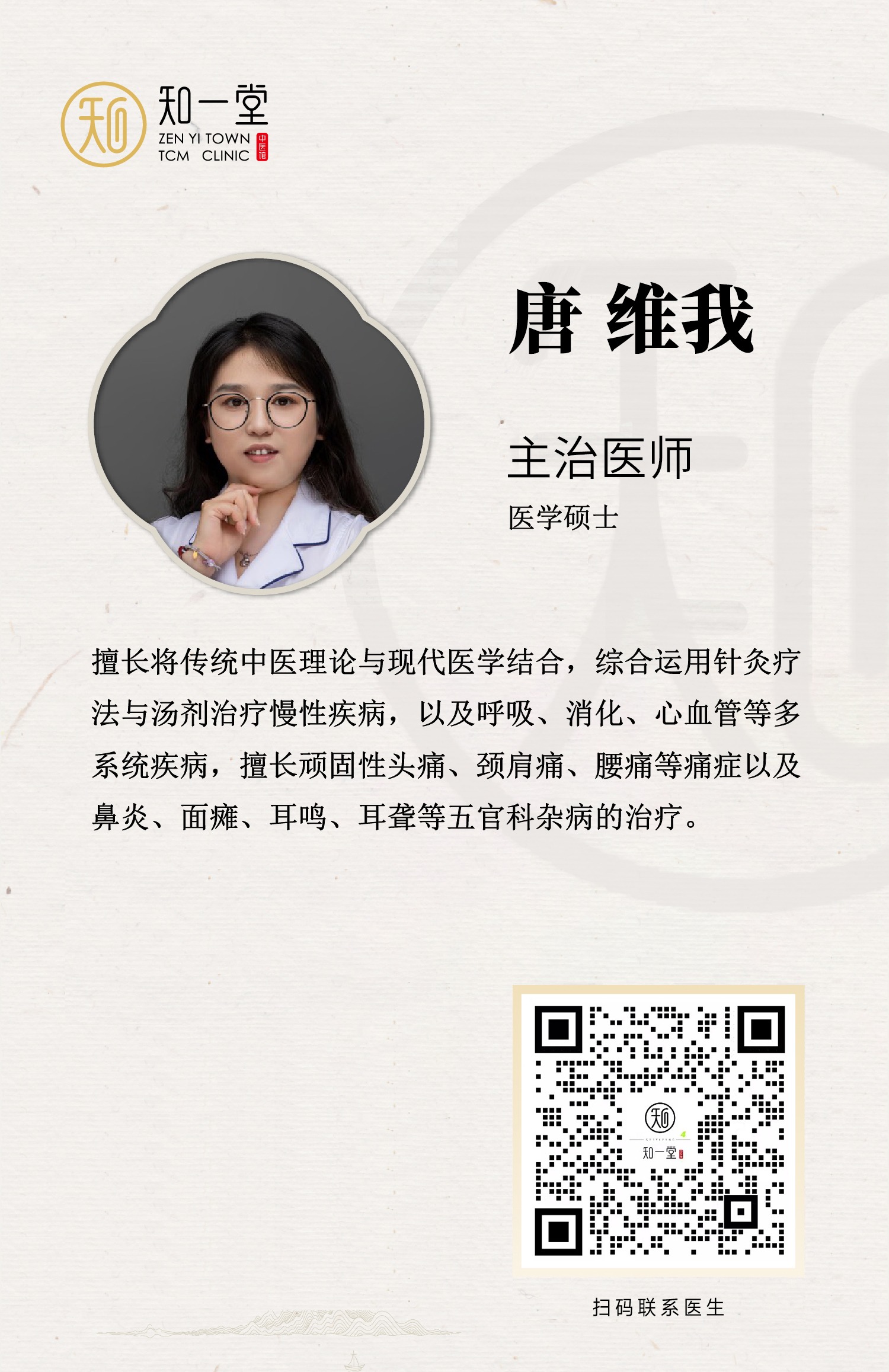On a quiet spring night, you lie in bed counting the sheep crossing the fence. The peach blossoms out
side the window are blooming brightly, but you greet every morning with dark circles under your eyes.
This is not your own trouble. Every spring, there will always be many friends in the clinic who share the
same troubles as you. Let's unveil the mysterious veil of spring insomnia from the perspective of tradit
ional Chinese medicine.
1、 The 'unwelcome guest' in the spring breeze
The spring wind is like a mischievous child, sometimes gentle and sometimes irritable. The climate char
acteristic of "changing the number of good deeds" makes our bodies like strings repeatedly plucked. T
raditional Chinese medicine has found that insomnia in this season often manifests in two forms: some
people are like candles flicked by the spring breeze, tossing and turning and unable to fall asleep; Som
e people are like soil soaked in spring rain, tired but easily awakened from light sleep.
Modern research has confirmed that frequent fluctuations in air pressure during spring can easily disru
pt the secretion of melatonin in the human body. This coincides with the theory of "correspondence be
tween heaven and man" in traditional Chinese medicine - when the external climate changes dramatica
lly, the balance of yin and yang in the body will shake like an imbalanced balance.
2、 Liver Qi: The Conductor of Spring's Mood
Traditional Chinese medicine compares the liver to a general, who is responsible for regulating the qi fl
ow and releasing fluids. In spring, the yang energy rises, just like trees sprouting new shoots, and our li
ver qi is also striving to stretch. But the pressure of modern life is like an invisible barbed wire, binding
the liver qi that should have been unobstructed. So, the wakefulness from 11pm to 3am (during the liv
er meridian period) became a distress signal sent out by the body.
Those tossed and turned nights may have been filled with liver qi in protest: unfinished words and unr
eleased emotions from the day turned into plum blossom energy in the throat and a faint pain in the c
hest and ribs. Insomnia caused by irritability and irritability often results from liver fire burning the hea
rt and mind.
3、 A sleeping trick that weighs a thousand pounds with four or two strokes
Jasmine mint tea in the morning is a natural soothing drink. Take 3 grams of jasmine flowers and 2 min
t leaves, brew them in 85 ℃ warm water, and watch the flowers stretch in the cup, which is a great psyc
hological therapy. A bowl of celery and lily Congee at dinner can not only calm the liver fire, but also lik
e applying cool patches to restless nerves.
Try the breathing technique of "Song Zi Jue": Lie down and bend your knees, fold your hands over the
dantian, silently recite "Song" when inhaling, imagine the breath penetrating through Baihui acupoint,
and exhale with turbid qi expelled from the gushing spring. Gently press the Taichong acupoint (the d
epression between the first and second metatarsal bones on the back of the foot), as if installing a "soo
thing switch" for the body.
The habit of lying in bed before midnight is more effective than any sedative. On a weekend afternoon,
why not lay a soft cushion on the sunny bay window and sunbathe your back like a cat, allowing your
pulse to absorb the gifts of spring sunshine.
Standing at the crossroads of the vernal equinox season, our bodies are undergoing subtle adjustment
s. Providing a space for liver qi to relax is a gift for sleep. When the night breeze brushes over the wind
ow sill, may you sleep under the moonlight, and naturally wake up in the morning with the chirping of
birds and the fragrance of flowers, and meet yourself full of vitality. If these methods have not been ef
fective after trying for more than a month, remember that traditional Chinese medicine will always be
your strong backing.
